The fraction of dead chains can be predicted, allowing the polymer reaction system to be tuned to produce the desired percentage of live chains.
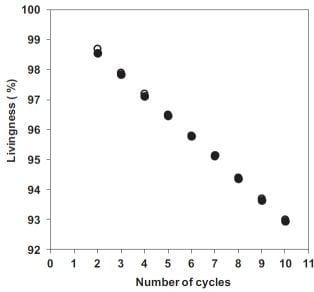

The fraction of dead chains can be predicted, allowing the polymer reaction system to be tuned to produce the desired percentage of live chains.
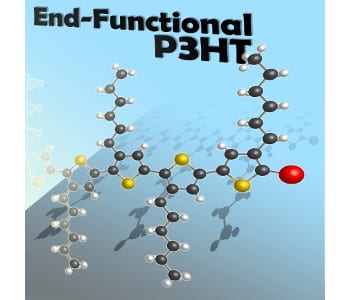
Craig Hawker and co-workers from UC Santa Barbara review the synthesis and many applications of end-functionalized poly(3-hexylthiophene) (P3HT).
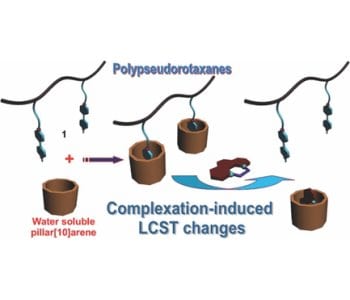
Researchers from Hangzhou, China present a supramolecular method to tune the LCST behavior of a thermoresponsive polymer using pillar[n]arenes.
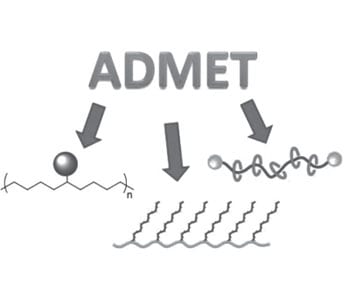
Acyclic diene metathesis (ADMET) polymerization is a unique strategy for achieving polymers with precise control over the primary structure.
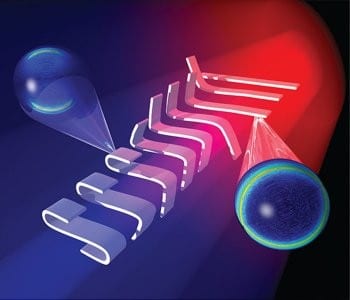
Macromolecular Chemistry and Physics in a new special issue, guest-edited by Andreas Lendlein and Marc Behl, presents recent results on (multi)functional smart materials, including shape-memory and shape-changing polymers.
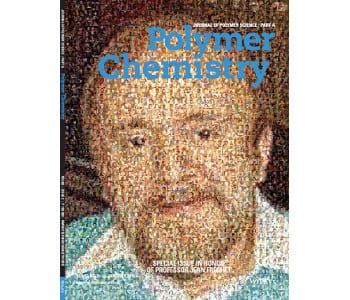
This Journal of Polymer Science A: Polymer Chemistry special issue, dedicated to Jean Fréchet, covers many fundamental and applied polymer chemistry topics.
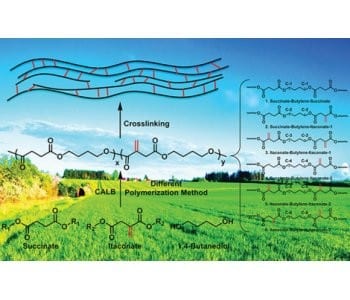
Macromolecular Chemistry and Physics in a new special issue presents a modern perspective to the long-established field of step-growth polymerization reactions, guest-edited by Andrew Dove and Michael Meier.
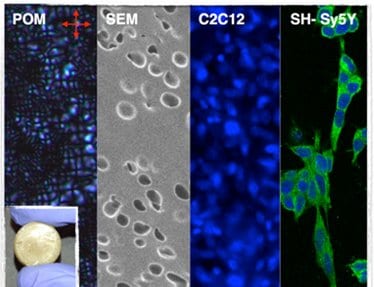
Biocompatible, biodegradable and porous LC elastomers were used as viable, soft scaffolds for cell growth and proliferation in a spatial (3D) fashion.
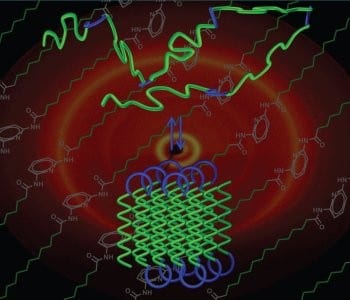
Macromolecular Chemistry and Physics presents new and exciting developments in the synthesis and properties of precision polymers, guest-edited by Michael R. Buchmeiser.
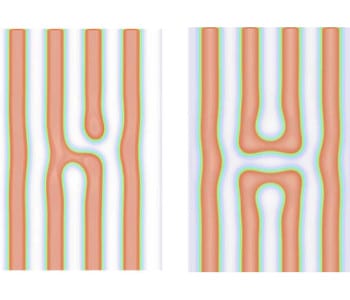
The Fredrickson group at UC Santa Barbara uses self-consistent field theory to explore the formation of defects in diblock copolymers.